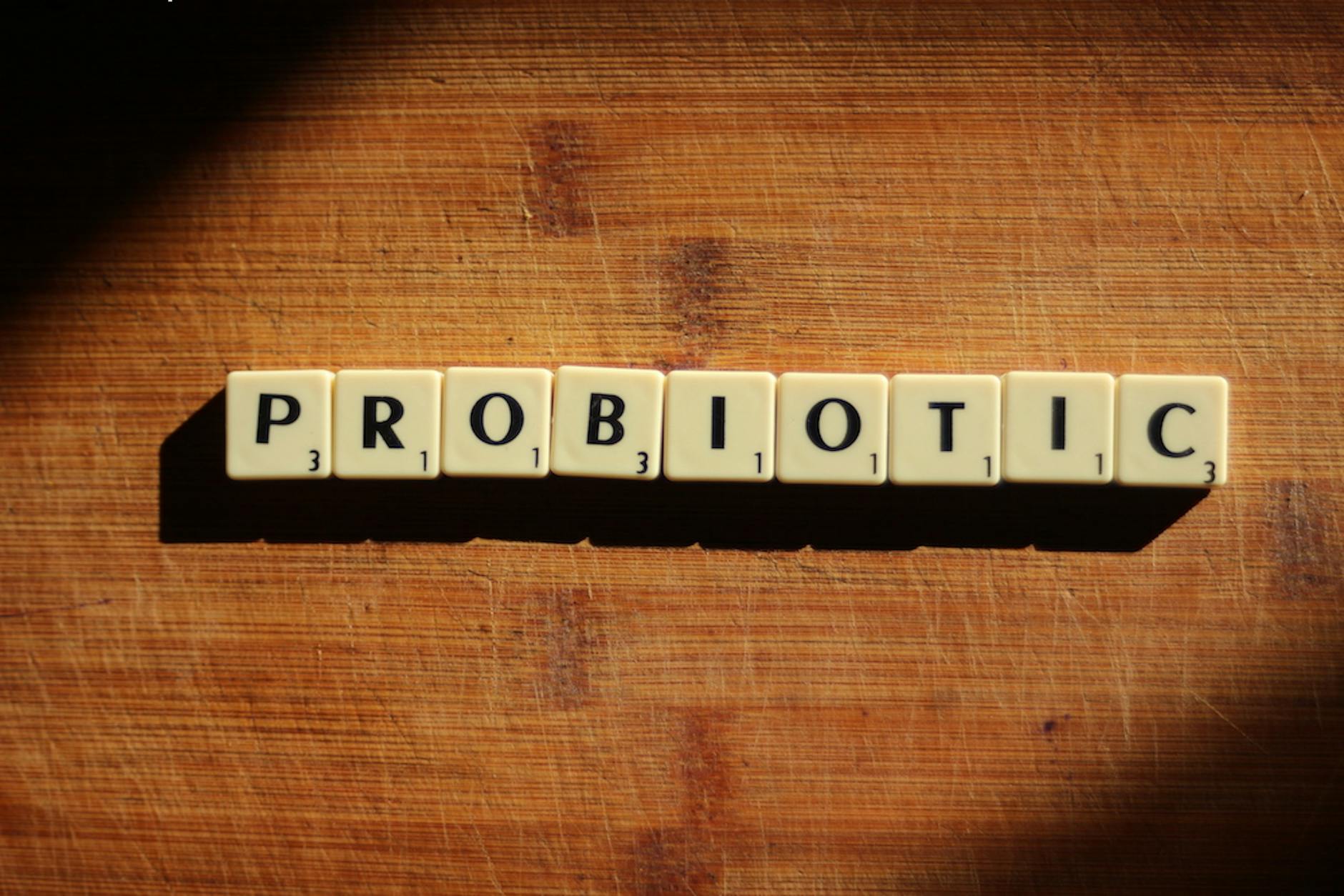Unlock the mystery behind a happy, healthy vagina with these expert tips on beating bacterial vaginosis for good.
Table of Contents
Welcome to our blog where we discuss common health issues that many people face and how to effectively manage them for overall well-being. Today, we’re delving into the world of Bacterial Vaginosis (BV), a prevalent vaginal infection that can impact the lives of many individuals. Knowledge is power when it comes to your health, so let’s empower ourselves with information on how to tackle BV head-on.
Critical Understanding of Bacterial Vaginosis
Bacterial Vaginosis is a common vaginal infection characterized by an imbalance of bacteria in the vagina. While it may not always display noticeable symptoms, BV can lead to discomfort, odor, and increased vulnerability to other infections. It’s essential to understand the causes and triggers of BV to effectively manage and prevent its recurrence.
Symptoms and Complications
One of the challenging aspects of BV is that some individuals may not experience any symptoms at all. However, when symptoms do arise, they often include abnormal vaginal discharge, a strong fishy odor, and itching or irritation in the vaginal area. Ignoring these symptoms can lead to complications such as increased risk of sexually transmitted infections and pelvic inflammatory disease.
Treatment Options and Lifestyle Changes
Fortunately, there are several ways to combat BV and restore balance to the vaginal flora. Treatment typically involves prescription antibiotics or antimicrobial medications to target the overgrowth of harmful bacteria. Additionally, adopting healthy lifestyle habits such as wearing breathable cotton underwear, practicing safe sex, and avoiding douching can help prevent BV from recurring.
Prevention and Long-Term Management
While BV may be a common occurrence, prevention is key to maintaining a happy, healthy vagina. Incorporating probiotics into your diet, practicing good genital hygiene, and scheduling regular gynecological exams can assist in preventing BV from taking hold. For those who have experienced recurrent BV, working closely with a healthcare provider to develop a personalized management plan is crucial for long-term success.
| Tip | Description |
|---|---|
| Practice good hygiene | Keep the vaginal area clean by washing with warm water only. Avoid douching or using scented products as they can disrupt the natural balance of bacteria. |
| Eat a balanced diet | Consuming a diet rich in fruits, vegetables, whole grains, and lean proteins can support a healthy vaginal ecosystem. |
| Stay hydrated | Drinking plenty of water helps maintain vaginal moisture and supports overall vaginal health. |
| Avoid irritants | Refrain from using harsh soaps, perfumes, or scented feminine products in the vaginal area to prevent irritation. |
| Practice safe sex | Using condoms during intercourse can protect against sexually transmitted infections that may contribute to bacterial vaginosis. |
Empowerment Through Knowledge
By understanding the ins and outs of Bacterial Vaginosis and taking proactive steps to manage it, individuals can reclaim control of their vaginal health and overall well-being. Remember, your body thrives on care and attention, so never hesitate to seek medical advice if you suspect an issue. With the right information and support, you can conquer BV and pave the way to a happy, healthy vagina.
What are the main causes of Bacterial Vaginosis?
Bacterial Vaginosis is primarily caused by an imbalance of bacteria in the vagina, disrupting the natural flora. Factors such as douching, multiple or new sexual partners, and antibiotic use can contribute to the development of BV.
Can Bacterial Vaginosis be sexually transmitted?
Bacterial Vaginosis is not considered a sexually transmitted infection, but certain sexual behaviors can increase the risk of developing BV. Practicing safe sex and maintaining good hygiene can help prevent its occurrence.
Are there natural remedies for treating Bacterial Vaginosis?
While some individuals may explore natural remedies like probiotics, tea tree oil, or yogurt for BV treatment, it’s important to consult with a healthcare provider before trying any alternative therapies. Prescription medications are typically more effective in managing BV.
Can Bacterial Vaginosis lead to more serious health issues?
Untreated Bacterial Vaginosis can increase the risk of developing complications such as pelvic inflammatory disease or sexually transmitted infections. Seeking prompt medical treatment and adhering to preventive measures can help avoid potential health consequences associated with BV.




